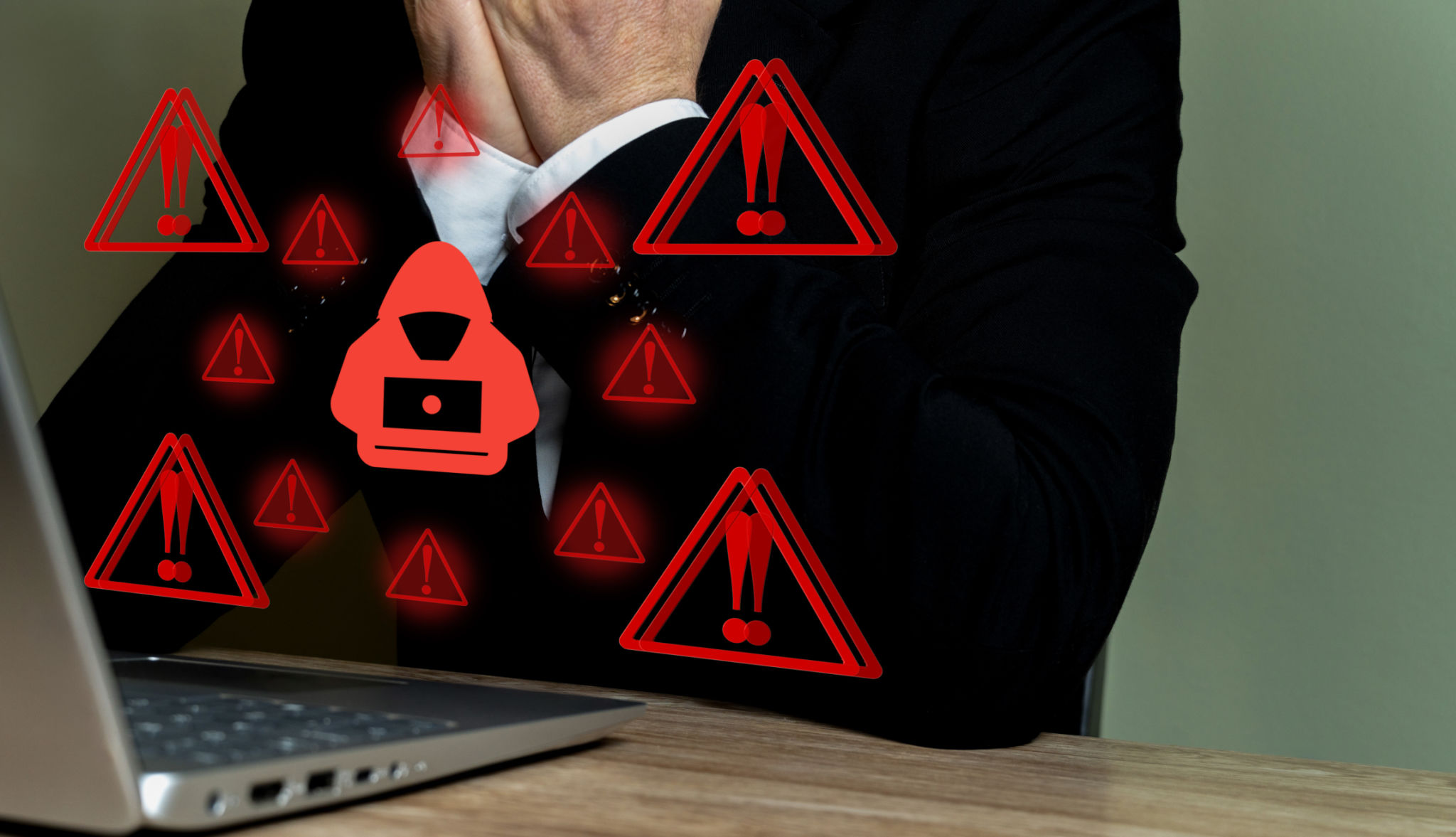The Role of Ethical Hacking Services in Modern Cybersecurity
DM
Understanding Ethical Hacking
In today's digital landscape, cybersecurity threats are more prevalent than ever, making the role of ethical hacking services increasingly critical. Ethical hacking, also known as penetration testing or white-hat hacking, involves legally breaking into computers and devices to test an organization's defenses. By simulating cyber attacks, ethical hackers help businesses identify vulnerabilities before malicious hackers can exploit them.
Ethical hackers use the same methods as cybercriminals, but with the organization's consent. They're skilled professionals who remain updated with the latest hacking techniques and tools. Their primary goal is to bolster a company's security posture by identifying potential weak spots and recommending improvements.

The Importance of Ethical Hacking in Cybersecurity
With the increasing sophistication of cyber threats, ethical hacking services have become indispensable. These services not only help in identifying vulnerabilities but also in assessing the effectiveness of existing security measures. By understanding an organization's weaknesses, ethical hackers can provide insights into how these vulnerabilities could potentially be exploited.
Companies across various industries are turning to ethical hacking as part of their comprehensive cybersecurity strategies. By proactively addressing security flaws, businesses can significantly reduce the risk of data breaches and other cyber incidents, protecting both their reputation and their bottom line.
Enhancing Security Measures
One of the key benefits of ethical hacking is its ability to enhance existing security measures. By regularly testing networks, systems, and applications, ethical hackers can help organizations fine-tune their defenses. This process often involves:
- Identifying vulnerabilities in software and hardware
- Testing incident response plans
- Ensuring compliance with industry regulations
- Providing training to IT staff on security best practices

Building Trust and Compliance
In addition to improving security, ethical hacking services play a vital role in building trust with stakeholders. Customers and partners are more likely to trust organizations that prioritize cybersecurity and show a commitment to protecting sensitive information. Ethical hacking can also help companies comply with regulatory requirements such as GDPR, HIPAA, and PCI-DSS, which often mandate regular security assessments.
By demonstrating a proactive approach to cybersecurity, businesses can enhance their brand reputation and gain a competitive advantage in the market. This trust can also translate into customer loyalty and increased business opportunities.

The Future of Ethical Hacking
As cyber threats continue to evolve, the demand for ethical hacking services is expected to grow. Organizations will need to adapt by integrating ethical hacking into their cybersecurity frameworks more deeply. Emerging technologies such as artificial intelligence and machine learning will also play a role in shaping the future of ethical hacking.
These technologies can assist ethical hackers by automating routine tasks, analyzing vast amounts of data quickly, and predicting potential attack vectors. As a result, ethical hackers can focus on more complex challenges, ensuring that organizations remain one step ahead of cybercriminals.
Conclusion
In conclusion, ethical hacking services are a vital component of modern cybersecurity strategies. By identifying vulnerabilities, enhancing security measures, and building trust with stakeholders, ethical hackers help organizations protect their assets in an increasingly digital world. As technology continues to advance, the role of ethical hacking will only become more significant in safeguarding against ever-evolving cyber threats.
